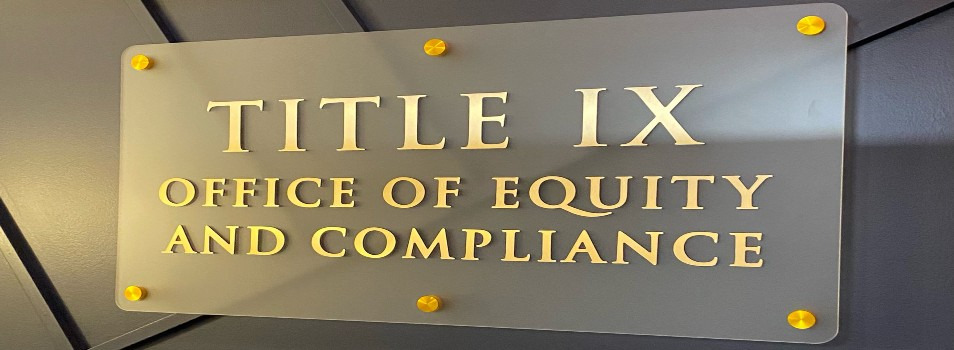FAQ

Frequently Asked Questions
Here you can find information about commonly asked Title IX questions. If you have a question you can’t find an answer to here, please feel free to email us at oeceducation@liberty.edu or stop by our office in person.
Title IX Terms
Here are terms that are commonly used throughout the Title IX processes but are not used outside in everyday settings. Under this tab, you can find the definitions of terms that you are not used to hearing.
Liberty’s Formal and Informal Processes
Learn what the formal and informal processes looks like and who is involved.
Amnesty
Learn about amnesty and to what kind of situations it applies.
Consent
Consent isn’t always a verbal “yes”, it is expressed in many ways. Learn how to safeguard relationships with a proper understanding of consent.
What is Stalking?
Society has misconstrued our view of stalking. Learn what stalking actually is and how to identify it.
What is Dating Violence?
What is Domestic Violence?